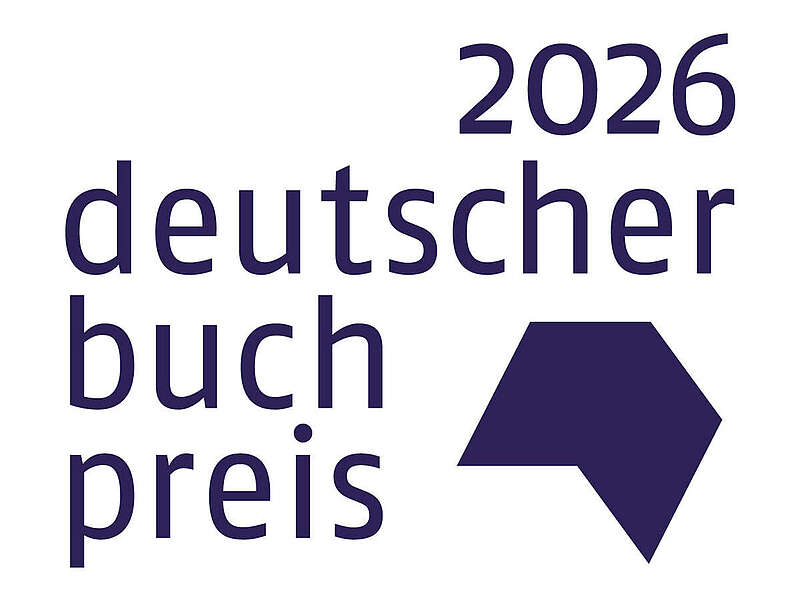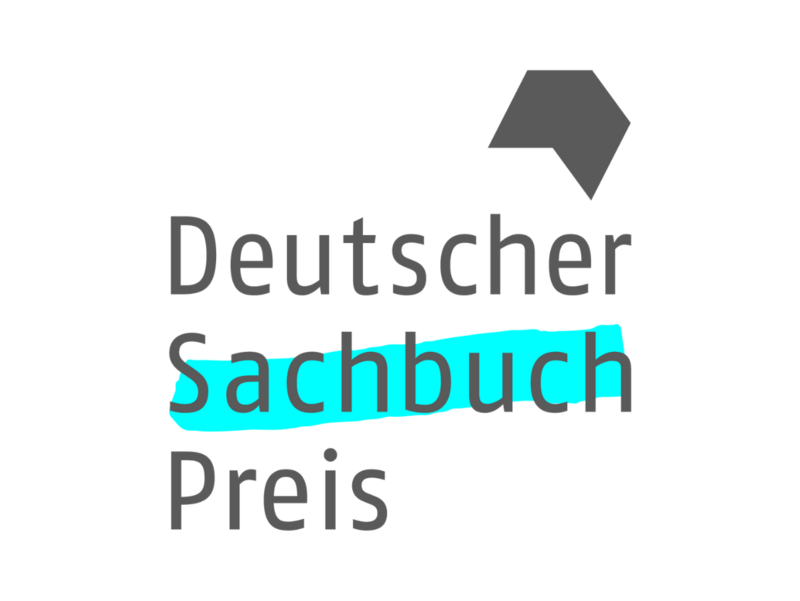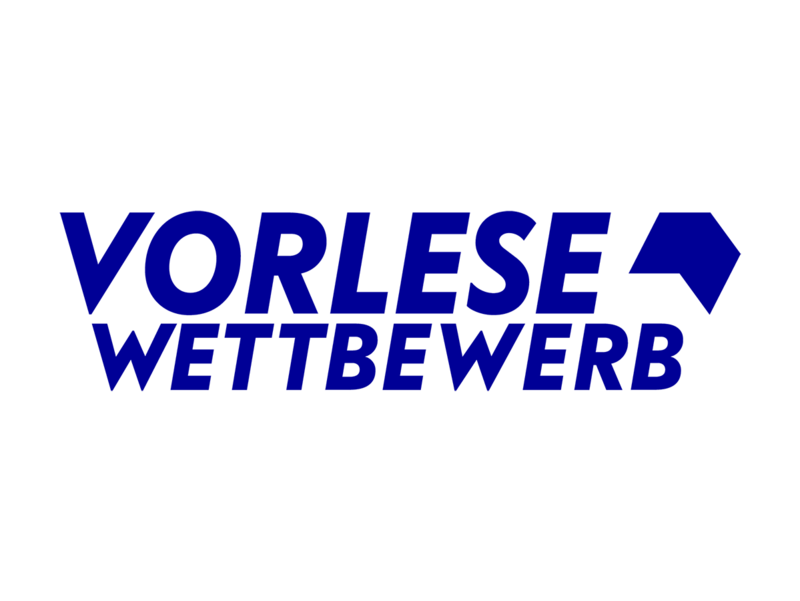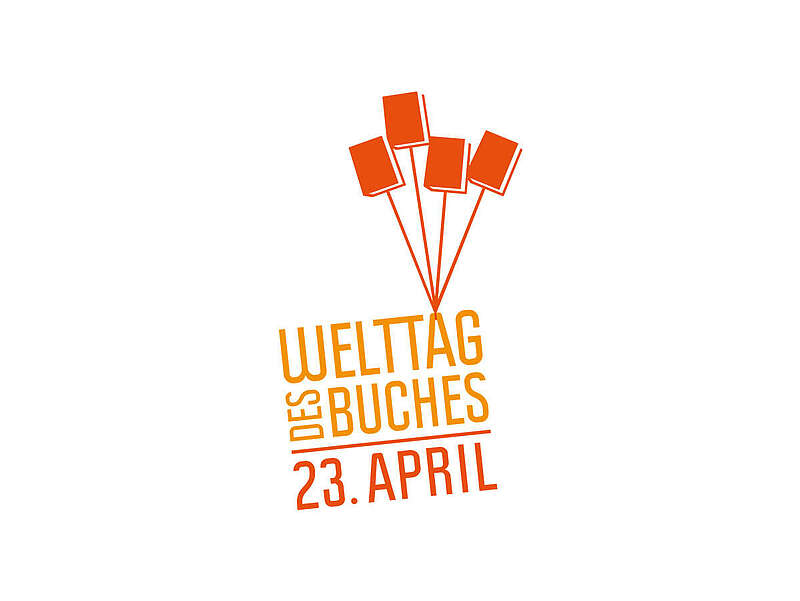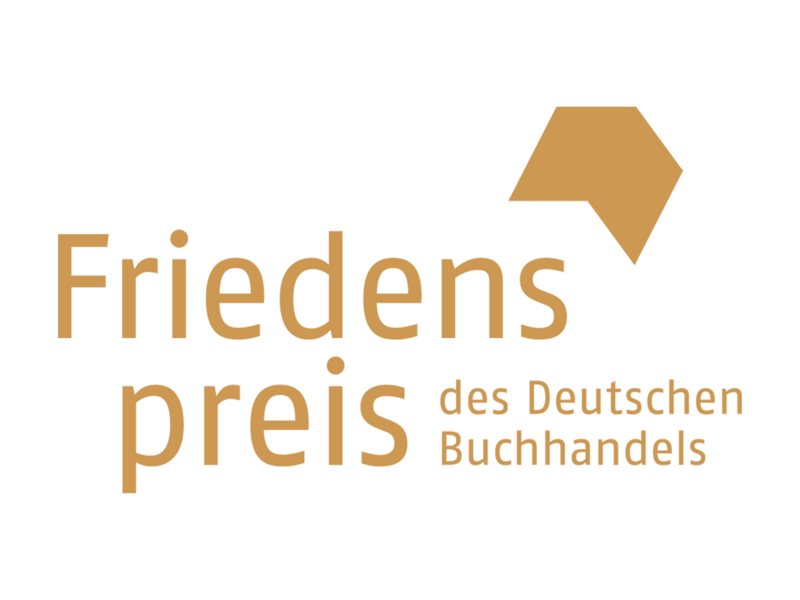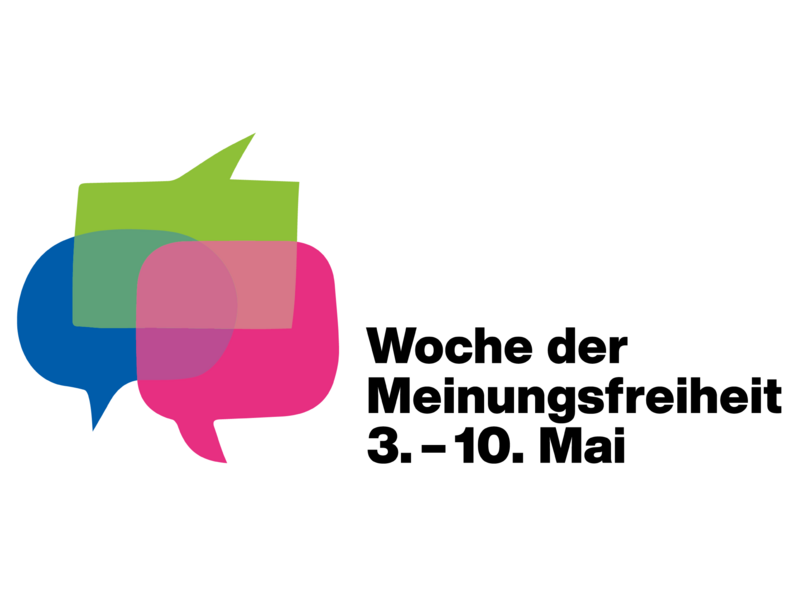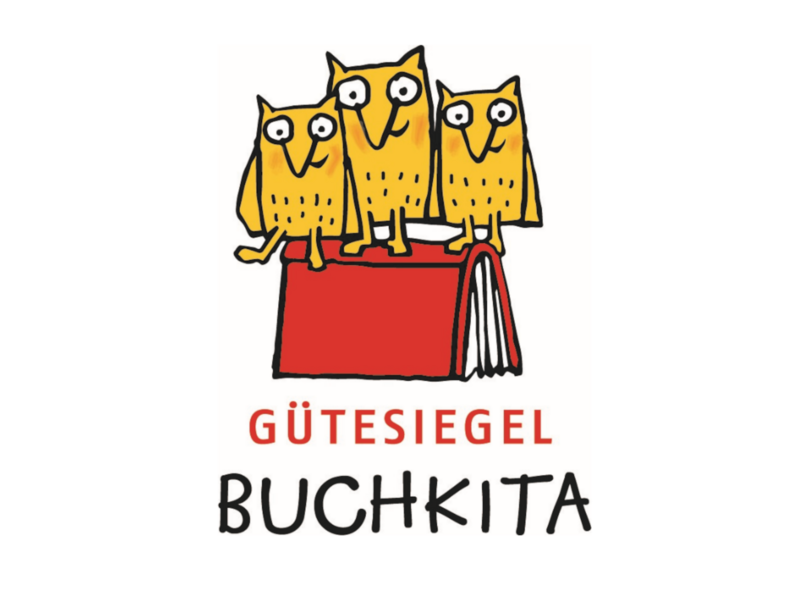Karl Schlögel awarded the 2025 Peace Prize of the German Book Trade
Award ceremony at Frankfurt’s Church of St. Paul / Laudatory speech given by Ukrainian-German author Katja Petrowskaja
Erstellt am 19.10.2025
The German historian and essayist Karl Schlögel was awarded the Peace Prize of the German Book Trade today in the presence of roughly 700 invited guests at Frankfurt’s Church of St. Paul. Among those in attendance were Germany’s Minister of State for Culture Wolfram Weimer, Bishop Dr. Georg Bätzing and Bundestag Vice President Omid Nouripour. The speech honouring this year’s recipient was given by the Ukrainian-German author, journalist and literary scholar Katja Petrowskaja.
Schlögel‘s acceptance speech bore the title “Learning from Ukraine. Lessons of resistance.” He began by taking a look back: “I could not imagine that Russia would regress into times that in many respects resembled the practices of Stalinism, which I had dedicated years of my life to researching, I could not imagine an America (…) harbouring fears of an authoritarian regime taking hold one day soon. It was completely alien to me that something could begin to slip in the Federal Republic of Germany; and even more remote was the idea that war (…) could become something real in our immediate vicinity.”
Schlögel noted that it took a surprisingly long time for Germany to comprehend the nature of what it was facing in Putin’s Russia. He focused in particular on President Putin’s leadership of Russia: “He (…) simply knocked over the table at which negotiations and talks were due to take place according to certain rules and successfully declared that breaking the rules was part of the system, long before the term ‘disruption’ became more widely used. (…) Fear is his most important weapon, and his true talent lies in his exploitation of fear.”
Schlögel also spoke about the impact of Putin’s propaganda: “The war that Russia has brought back to Europe is being waged not only by military means, but also as a war over hearts and minds, using moods, fears, resentments, nostalgia – and the tempting offer of a return to ‘business as usual’.” He continued: “Ukrainians know that an aggressor with limitless determination cannot be stopped with words. They are realists who can afford no illusions. Their refusal to be victims drives them to fight back.” According to Schlögel, the citizens of Ukraine are helping the rest of us understand whom we are dealing with: “a regime that hates Europe and that seeks to destroy Ukraine as an independent state.”
What can we learn from Ukrainians? “They are the mirror into which we peer, reminding us of what Europe once stood for and why it is still worth defending. (…) They are well versed in the behavioural tenets of resistance and are teaching the Europeans what to expect if they continue to fail to prepare for the worst-case scenario.” Schlögel brought his speech to a close with the words: “As unlikely as it may sound, we Europeans would do well to learn from Ukraine: this would mean learning how to be fearless and brave, and perhaps even learning how to win.”
In her speech honouring Karl Schlögel, Katja Petrowskaja described him as a historian who, for the past forty years, “has strived to look beyond national borders, to break down entrenched prejudices and to counter ignorance.” According to Petrowskaja, he achieved this by travelling and engaging in meticulous archival research, but also by seeking out direct encounters with a range of people. She spoke of Schlögel’s openness to experience, his ability “to observe and absorb the world with every pore.” Schlögel dedicated his life to researching Central and Eastern Europe, she noted. His major works are structured like symphonies, she argued, “with a magnetic, ever-forward-moving intonation.” Petrowskaja also said that for her and many other Ukrainians, Karl Schlögel has become “a pillar of support (…), the epitome of steadfastness beyond any ideological traps”.
Börsenverein Chairperson Karin Schmidt-Friderichs described Karl Schlögel as someone who, in the course of his life, went from being an observer of Eastern Europe and Russia to a “sought-after advisor to politicians, in equal parts wise and soft-spoken.” He was able to do so, she argued, because he understood the world in the East: “He is an archaeologist who layers space and time. And, through him, every shard he lifts up becomes a sparkling kaleidoscope of history.”
For Mike Josef, Lord Mayor of Frankfurt, Schlögel is an excellent representative of our historical heritage, because he takes personal responsibility “for painting a realistic historical picture; one that conveys our contemporary situation as comprehensibly as possible.”
The Börsenverein des Deutschen Buchhandels (German Publishers and Booksellers Association) has awarded the Friedenspreis des Deutschen Buchhandels (Peace Prize of the German Book Trade) every year on the final day of the Frankfurt Book Fair since1950. Among the previous award recipients are Albert Schweitzer, Astrid Lindgren, Václav Havel, Jürgen Habermas, Susan Sontag, Navid Kermani, Margaret Atwood, Aleida and Jan Assmann, Serhiy Zhadan, Salman Rushdie and, last year, Anne Applebaum. The prize is endowed with €25,000.
A press photo will be available today at roughly 1:30 pm at www.boersenverein.de/pressefotos.
The speeches given by Karl Schlögel and Katja Petrowskaja as well as the two official greetings can be accessed online at: www.friedenspreis-des-deutschen-buchhandels.de.
Starting on 19 November 2025, the book containing all of the speeches delivered at the ceremony will be available in stores and at the MVB Client Service at kundenservice@mvb-online.de (ISBN: 978-3-7657-3457-1, €19.90 Euro).
